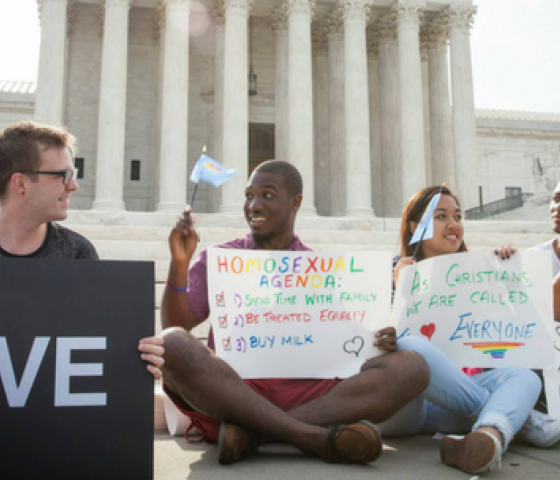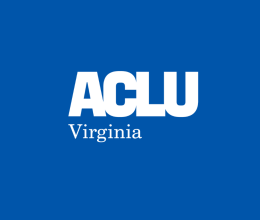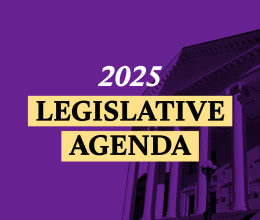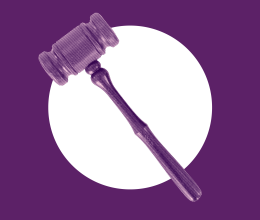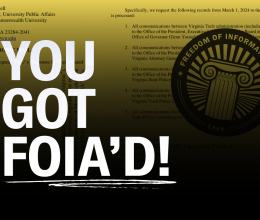U.S. Supreme Court Ruling That Permits Pre-Meeting Prayer Does Not Authorize Chesterfield's Discriminatory Policy, Civil Liberties Groups Say
Richmond, VA -- The Chesterfield County, Va., Board of Supervisors may not permit only "ordained religious leaders of monotheistic religions" to offer prayers before board meetings, Americans United for Separation of Church and State and the American Civil Liberties Union of Virginia say.
In a letter sent today to the board, Americans United and the ACLU write that all faiths must have an opportunity to offer pre-meeting prayers in order for the board's policy to comply with the First Amendment.
"The First Amendment requires governing bodies to allow everyone the chance to deliver prayers before official meetings," said the Rev. Barry W. Lynn, executive director of Americans United. "If they don't, then what they're doing is unconstitutional."
ACLU of Virginia Executive Director Claire Guthrie Gastañaga said: "Under our Constitution, we stand before our government as equals, regardless of religion. Chesterfield County may not make theological distinctions among its residents."
Chesterfield's prayer practice was approved in 2005 by the 4th U.S. Circuit Court of Appeals, which in Simpson v. Chesterfield County upheld the board's policy of opening meetings with an invocation given by invited local clergy whose names are drawn from an official county list.
Almost all clergy who had delivered invocations represented Christian denominations, however, and the county denied a Wiccan's request to be added to the invocation list on the ground that Wicca is "neo-pagan and invokes polytheistic, pre-Christian deities," and therefore it does not fall within "the Judeo-Christian tradition." That claim led to a lawsuit sponsored by Americans United and the ACLU of Virginia.
The board continues to exclude some faiths, the letter says, even those that are monotheistic. For example, the county's list of religious organizations invited to deliver invocations excludes the Chesterfield County Sikh congregation Richmond Gurdwara, even though, according to the group's website, Sikhs practice "strict monotheism."
The letter notes that the U.S. Supreme Court's recent decision in Town of Greece v. Galloway, a case sponsored by Americans United, said local town boards have the right to open their meetings with Christian prayers. This ruling has given some the impression that policies need not be inclusive, but Americans United and the ACLU warn that is a misinterpretation of what the high court actually said.
"In Greece, the town allowed invited clergy to deliver sectarian invocations at Town Council meetings," the letter says. "Since most of the invited clergy were Christian, most of the prayers were Christian as well. The Court found that this was not by design; rather, '[t]he town at no point excluded or denied an opportunity to a would-be prayer giver. Its leaders maintained that a minister or layperson of any persuasion, including an atheist, could give the invocation.'"
The letter also asserts that the board may not limit participation to ordained clergy.
"The requirement that prayer-givers be 'ordained' is similarly problematic, as some religions do not require their clergy to be ordained, and others do not have clergy at all," asserts the letter.
The letter was written by Americans United Legal Director Ayesha N. Khan and ACLU of Virginia Legal Director Rebecca Glenberg. It asks for a response within 14 days.
